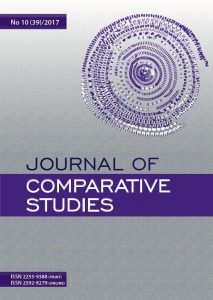The Perception of Time in the Virtual Space: A Cultural-Philosophical Analysis
The Perception of Time in the Virtual Space: A Cultural-Philosophical Analysis
Author(s): Bina NirSubject(s): Philosophy, Social Sciences, Media studies, Social Philosophy, Communication studies, Sociology, Human Ecology, ICT Information and Communications Technologies
Published by: Daugavpils Universitātes Akadēmiskais apgāds “Saule”
Keywords: eternal time; mystical time; hallucination time; simultaneity; relative time;
Summary/Abstract: In this article, we will present the key conceptions of time in Western culture, while observing changes in the perception of time in the context of virtual space. Among other things, we will examine the change in the Newtonian space-time concept. The Newtonian conception views a permanent system of space and time. Being in virtual space transforms us, it would seem, to the cultural conception of time presented by Einstein, which does not view time as an absolute measure, but rather as changing according to the speed of our movement. The faster we move, time speed reduces. It is not the objective of this article to probe the depths of physics, but to try and understand the cultural shifts in the perception of time in terms of existing physics models. Moreover, we will explore the cultural return to “mystical time” in terms of the “divine gaze” – today, in virtual space, a new point of view enables us to observe existence from an external point of view. Changes also include the obstruction of the linear sequence of time due to the simultaneity of past, present and future in the Augmented Virtual Reality. In this article, we will attempt to understand experiencing virtual reality in terms of hallucination time, and will conclude with the virtual promise of eternal life – being in eternal time, which exists in the virtual space.
Journal: Komparatīvistikas almanahs
- Issue Year: 2017
- Issue No: 10(39)
- Page Range: 8-27
- Page Count: 20
- Language: English

